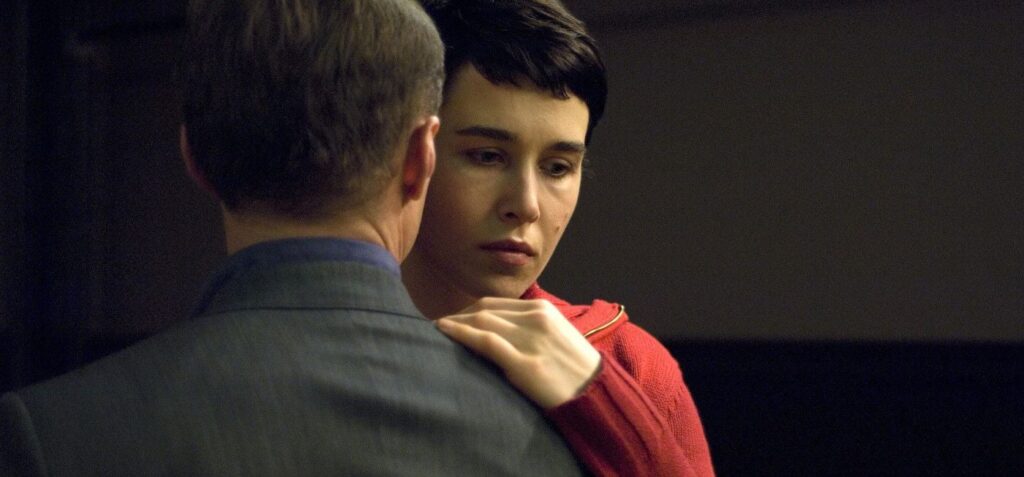
Lorna skirts the margins of Belgian society, an Albanian immigrant whose sham marriage with a two-bit junkie, a narkoman, serves only to gain her legal residency in the country. Working for a local gangster, she’s already got her next fake marriage lined up which will earn her a tidy sum.
But she’s not content with such a phantom life—she’s got bigger dreams. For her and her fiancé Sokol, who’s flitting about the EU, these fake marriages fund their hope of opening a small restaurant. A small-time dream, perhaps, but one in which they can come out from the gray edges of society and settle together at last.
But, in Jean-Pierre and Luc Dardenne’s gripping drama, Lorna’s dreams of her respectable future are overcome by other, more powerful, dreams. Even as she’s taking an advance on her next scam, Lorna begins acting in ways that cause her gangster handler to question her resolve. To her, the narkoman is becoming more than just a mark whose death is necessary to facilitate the next marriage; he is becoming a man. Lorna’s choices to help Claudy escape the gangster’s plans awaken something deep inside her, something primal and dangerously moral.
The Dardennes offer up no easy answers. Indeed, some critics would say they don’t even offer up an ending. Lorna’s transformation, which we witness in the brothers’ stark and naturalistic manner, is subtle and challenging. The brothers startle us with her story and lead us on unfamiliar paths. Yet, there are echoes throughout the film that remind us of stories we have heard before. We’re carried from her urban, immigrant predicament to the bare winter forests where Lorna is met with a silence greater than her own. It calls to memory that the voice of God is not heard in the earthquake or firestorm, but in a manner still and small. — Edward Allie
Arts & Faith Lists:
2010 Top 100 — #67